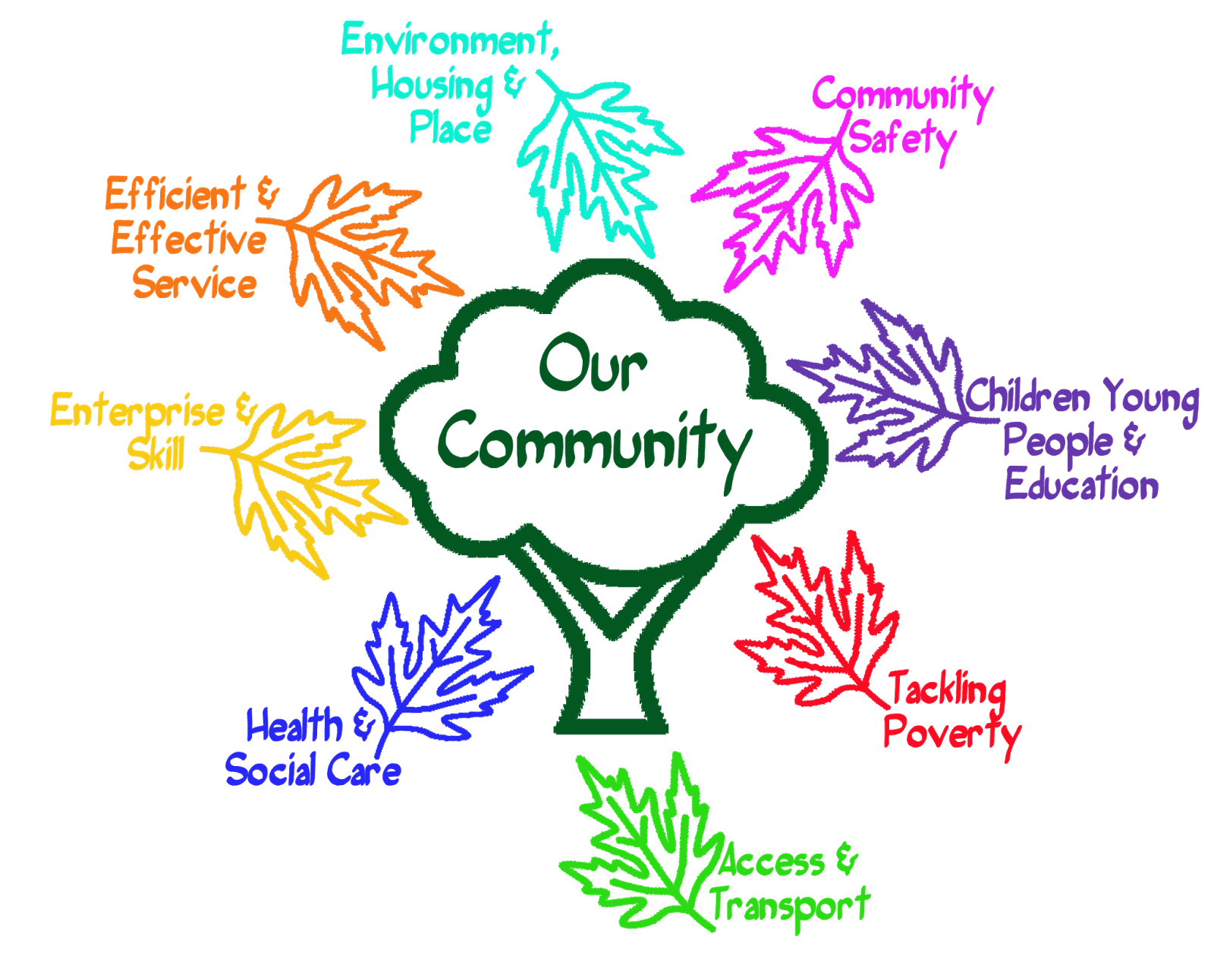PV System Commissioning
Effective management of a solar PV plant could be divided into 3 distinctive steps i.e.
- Engineering Procurement & Construction (EPC),
- Commissioning and
- Operations & Management (O&M).
EPC deals with the pre-construction and construction activities of the PV power plant. Commissioning is the process that starts along with the construction of plants and proceeds through PV system acceptance. It also deals with the necessary documentation processes required for system acceptance. O&M deals with processes and/or actions required for maintaining and operating the power plant to its maximum capacity.
In the solar field, it is important for him to know what the important process/checks while commissioning are. Additionally commissioning also ensures that the plant performs as expected/planned which in-turn drives its ROI. This article aims to educate its readers on basics of commissioning along with few important tips.
Among the first of the steps would be to verify the entire installation and ensure that it is complete and matching with the power plant which was initially designed without any deviations. This includes checking of any bends or dents in structure which may reduce its strength.
Testing
After doing the initial inspections and documentation of plant, testing is the next most important step in commissioning. The testing includes but not limited to PV module, earthing, inverter, wiring, etc. One of the first tests performed is to check the insulation resistance of conductors.
At module level, random or all (in case of small rooftop plants) strings are selected and open circuit voltage (Voc) of each of these strings is measured (as shown in Figure 3). For plants with smaller string inverters, Voc measurement happens at line side of DC disconnect whereas for larger inverters, such measurements happens at line side of combiner box with its fuse open.
While the above testing happens when the plant is deenergized (energizing refers to condition when plant is generating power and is connected to the grid), the testing of inverter is a little different. After checking and testing all the AC & DC interconnections in addition to testing conductors and modules, the inverter is energized.
This is to ensure that the transformer generates ingress current (which is the current generated via magnetic coupling) in a way that there is no problem during its further operations. On the next day, the entire plant is energized and its output voltage, current and frequency are monitored. In case of inverter tripping, ground faults in the plants are checked for. Further both DC and AC power are monitored.
Performance check
The final check of commissioning is to gauge the performance of the plant. After the energizing of the plant is success, a bright clear & sunny day with moderate temperature and appropriate time is selected. At appropriate time of day, both DC and AC power is monitored.
The performance ratio (PR) of the power plant is calculated. The practically obtained data on field is compared to the expected performance which was calculated while designing the plant. Such monitoring may be undertaken from mere few hours to as long as few weeks.
Such monitoring also checks for any erroneous behavior of power plant which may cause unexpected loss of power and hence its revenue. Before final handing over of plant to the end consumer, it is expected that the plant is performing at an optimum level with the power losses below the threshold level.
Read more:
https://institute-of-solar-technology.blogspot.com/2021/06/solar-power-plant-commissioning.html








